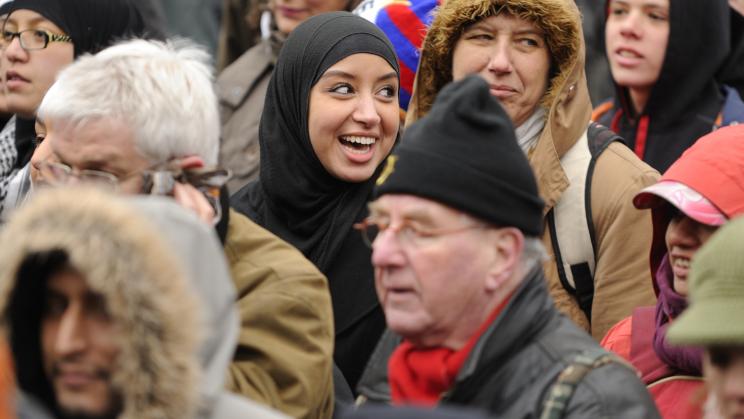Inclusion
Marginalisation, inequality and exclusion of certain societal groups from power and opportunity can trigger grievances and perceptions of injustice. In turn, this may result in conflict or relapse into conflict and hinder positive peace and sustainable development. States that have avoided regression back into conflict have had either inclusive political settlements, or inclusive behaviour by the party that prevailed in the conflict, resulting in less divisive societies after a conflict.
Inclusivity is also critical to restore the social contract and strengthen domestic accountability systems. Inclusion of diverse perspectives—gender, age, socio-economic class and ethnicity—into governance and equitable access to resources can strengthen state legitimacy and social cohesion. Gender—which cross-cuts all social identities—often functions as a basis for exclusion and gender inequality can reflect the level of exclusion in a society. Integrating a gender perspective, which addresses power dynamics and root causes of gender inequality, plays a crucial role in developing an inclusive society. By taking an intersectional approach, this research aims to advance understanding of how inclusion can contribute to promoting peace and development in societies.
SIPRI conducts research on inclusive peacebuilding and seeks to deepen understanding of exclusion as a driver of conflict. It focuses beyond elites to local level actors and their contributions to peacebuilding activities.
